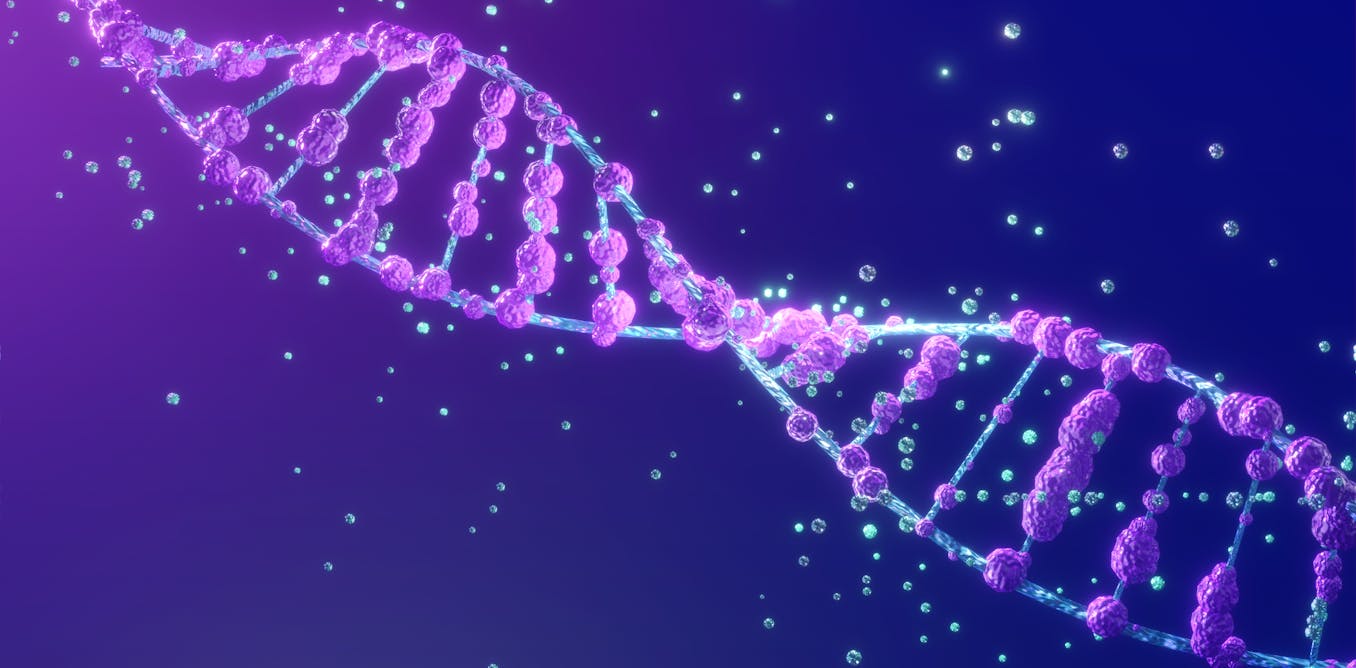ALS is only 50% genetic – identifying DNA regions affected by lifestyle and environmental risk factors could help pinpoint avenues for treatment
Genetic modifications to DNA regions involved in metabolism, cholesterol and immunity may play a role in ALS disease progression.
Paul J. Hop, PhD candidate in Neurogenetics, Utrecht University •
conversation
April 13, 2022 • ~5 min
April 13, 2022 • ~5 min


